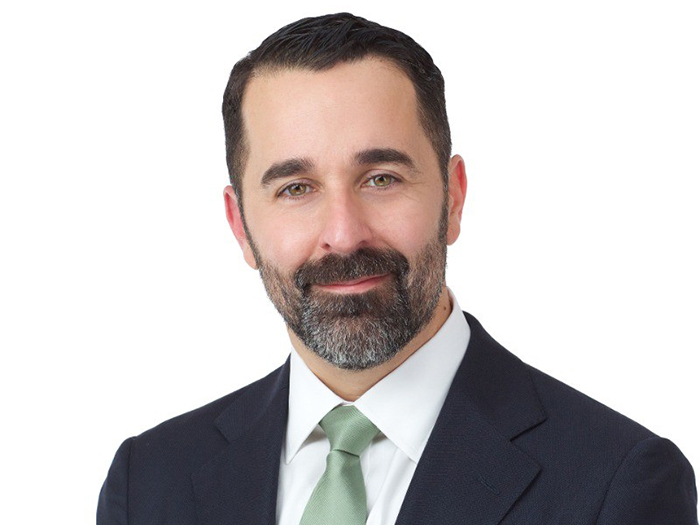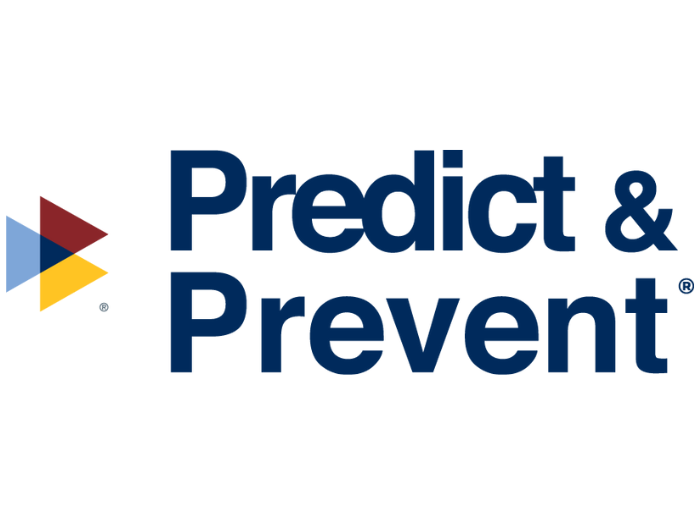Risk Insider: Tony Boobier
Time Passages
Hey, you! Yes, you — the one with the long hair and the flared denims, asleep in the chair.
You were always a bit of a risk taker, but you never imagined yourself working in the risk industry. Back then, taking risks was all about the occasional underage beer and slightly overlapping girlfriends.
 I bet you never imagined back then which one of these two girls you would spend all your life with?
I bet you never imagined back then which one of these two girls you would spend all your life with?
Even then your interest was in leaving something for posterity, and you started in the construction industry. Some of the things you helped to design and build are even still there, but perhaps your real legacy will prove to be in ideas and words, not physical structures?
But it wasn’t a love of buildings that gave you the greatest buzz, but rather why things fell down, which took you into the insurance industry where you spent 20 years, before moving to the dark world of technology, and then to analytics.
As a guy whose numeracy skills naturally lent themselves to data, you figured out that words were more interesting than the numbers, as it seems to be through words and descriptions that numbers and ideas are best understood.
Of course lots of things happened along the way. Twin Towers and Black Swans, unimaginable new risks and continuing old ones. But back then, the only capital management that you worried about was the cash in your pocket.
I’m sure that there’s someone else out there, today, who at the age of 18, will one day find themselves in some form of this profession like I have today, full of intellectual richness, complexity and interest.
But in the same way that you didn’t know it then, they also won’t be aware of the career potential. Will they find the risk industry, or will the risk business find them?
Or perhaps, like with one of the girls in the photo, you’ll meet on the dance floor and that will be that.
What is the future of risk management? How will the profession look in 40 years? What new risks will arise?
To what degree will cognitive analytics replace the need for numeracy? What will the essential competences of risk managers be in the future? Will the most important be a combination of communication and collaboration? And an ability to work with cognitive technologies in ways which today we would find unimaginable?
The only thing we can be certain of is that things will change. Isn’t it important that we remain alert to what is happening, and that change doesn’t occur while we are “sleeping”?








